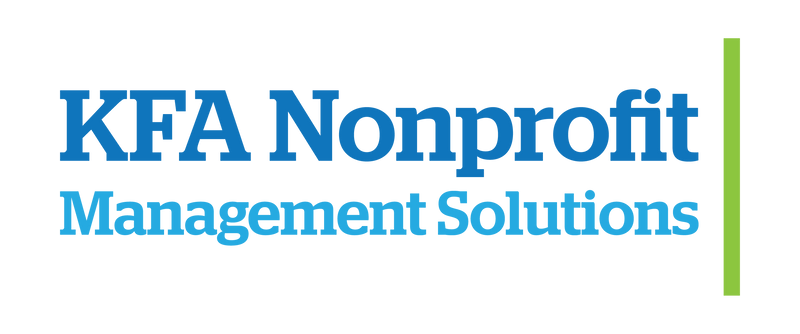
I’ve spent the better part of the past 20 years writing professionally. From my first byline at the college newspaper to the op-ed pieces written for state senators, I’ve always jumped headfirst into writing assignments.
That was until the day I encountered my first federal grant.
- It wasn’t putting the words together.
- It wasn’t knowing where the commas went.
- It wasn’t telling the story of the organization’s project.
Instead, it was putting everything together. Making sense of the RFP’s requirements and meshing the project specifics to those requirements was the biggest challenge.
I quickly learned that writers must think about grant proposals differently than other types of writing. You must combine everything you know about persuasive writing and academic writing to create a compelling narrative. It’s a true combination of art and science that, when done well, can result in funding for your organization.
But even experienced writers shouldn’t expect to pen winning grant narratives on the first try – not that it can’t happen. Just don’t be disappointed if it doesn’t. Like most things in life, grant writing takes practice to perfect.
Here are some practical tips to help get you started on the path to successful grant writing.
1. Start small
Don’t begin with a complex governmental grant. Not only do these have myriad requirements, but deciphering government lingo is a skill that doesn’t come naturally for most.
Private and corporate foundation grants are usually more straightforward and easier to comprehend, especially if you’re just getting started with grants. To build your confidence and gain experience, start by seeking funding from a foundation that’s aligned with your mission
2. Give yourself plenty of time
You’ll need more time to complete the proposal than you think. Even experienced grant writers need between 80 and 160 hours to complete a big federal grant.
Don’t wait until the last minute to start. Plus, most grant proposals should include letters of support from partner agencies. Unless you’re very lucky, you won’t be able to secure these in a matter of hours. It may take days or weeks. Being a fast writer won’t help you at all if you’re waiting for others to send you pieces and parts.
3. Become a master storyteller
Grant reviewers may read dozens of grant proposals every day, so it’s important that yours stands out from the crowd.
Effective proposals read more like stories and less like technical or academic jargon. Don't load a grant narrative with $100 words in an attempt to impress grant reviewers. Your proposal must demonstrate a social need exists. Use reputable sources or internal data to build your case and show how your project will make a differnce. But your grant proposal shouldn't read lilke an academic paper.
Instead, write a narrative a reviewer will enjoy reading. Don’t make the writing dry or tedious. Help reviewers find information easily so they don’t have to flip back through.
Remember, it’s OK to repeat data or statistics relatively often throughout the proposal. And while you can, and probably should, use first-person (“our,” “we”) to detail your plan, keep the proposal professional instead of conversational.
ProTip: Become familiar with using plain language in your writing. It'll do wonders for your grantwriting skills.
4. Get all the information
It’s often difficult for independent grant writers to understand the projects they’re attempting to get funded. If you don’t work for the organization on a daily basis, you don’t have first-hand knowledge of the problem, the proposed solution and how everything fits together.
While challenging, it’s certainly not a deal breaker. Independent grant writers are very successful at getting programs funded. However, it requires robust, two-way communication between the grant writer and the organization.
Spend time learning about the work the agency does. Talk to staff members about day-to-day operations. Observe how the agency interacts with program recipients (unless confidentiality is an issue.) Discuss the program/project for which funds are being sought at length so you truly understand how it fits into the agency’s overall mission.
If an agency merely dumps an armload of financial documents in your lap and expects you to write a winning grant proposal, tell them you need a more complete picture of their work.
5. Seek training and guidance
Grant proposals are inherently different from other writing styles, and they often require documentation you’re not accustomed to creating. Many require logic models, which are essentially a roadmap of the project.
Logic models are not, well, logical for everyone. If the process doesn’t come naturally to you, find a resource that helps you create a logic model.
If you’re not sure how to get started or if you’ve written a few unsuccessful grants, perhaps you should try a grant writing course.
Experienced grant writers are also a good place to seek feedback. Ask a colleague to review your proposal and offer a critical evaluation of your efforts. It may shed some light on why you haven’t been successful.
While writing grants proved challenging for me initially, I’ve become a rather confident grant writer, turning my years of writing experience into funding for organizations that seek to do good. Don’t be afraid to take the plunge, get plenty of practice and ask for help if you get stuck.

Thank you for this article. It puts me at ease and I appreciate it!